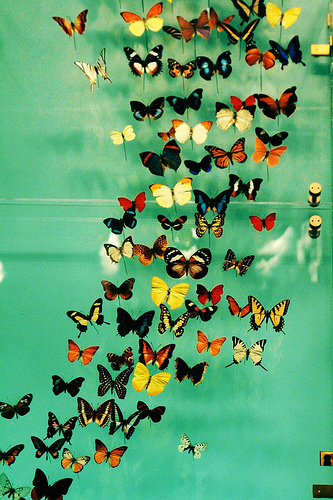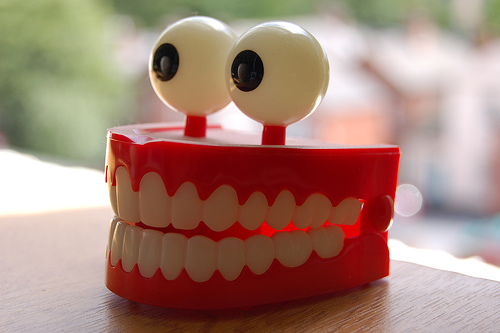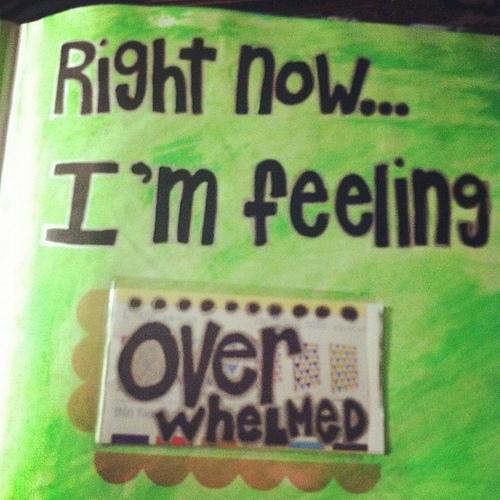I am participating in the 2012 Wordcount Blogathon, which means one post every day for the month of May.
Two weeks and one day from now, I will be lining up for my first half-marathon of the season, the Toronto Womens Half-Marathon. I am looking forward to this race immensely. Not only for the chocolate station. And shallow and all as I am, not only for the aid stations manned by shirtless firefighters who douse you with water.
I am excited about the challenge of it. With the help of my friend and coach Phaedra, I have really been pushing the boundaries in my training this season. I have managed to survive some fair significant disruptions, like unexpected travel to South Africa and a couple of bouts of illness.
The two races that I have done this year – the Good Friday Ten-Miler and the Toronto Yonge Street 10K – have both yielded PB’s (personal best times). I am eager to see if I can repeat the performance over a longer distance.
I just have to get through the final phase of training, which is referred to by many runners as Taper Madness. While tapering is an essential part of training, it can be a period fraught with anxiety and mild (or not-so-mild) paranoia.
The science behind tapering is this: you spend twelve or fourteen weeks training intensively for this event, putting in your mileage and your speed work, having a battle of wits with hills, and spending entire Sunday mornings out on the road. You build your stamina and your strength, and you get used to spending long periods of time on your feet.
The training is a long process that should be properly planned and carefully executed. And if you’re not physically capable of running the distance of a half-marathon two weeks prior to the race, chances are that you won’t be ready on race-day either. The last two weeks don’t really have any value in terms of building your fitness level or your strength, so you are better off cutting back your mileage and giving your muscles time to rebuild in time for the big day.
Because you are reducing your mileage, you have more of a build-up of energy, so you get jittery and anxious, and you start imagining that the twinge in your ankle means it’s broken, or that the little pimple on your chin means you have smallpox.
Some runners can get through the tapering period without incident. They are cool, calm and collected, and don’t suffer from any attacks of nerves. “Butterflies? What butterflies?” they ask with infuriating serenity, when you question them about whether they are nervous about their upcoming race.
Other runners cannot sit still. They pace around restlessly, talk a mile a minute and fidget incessantly. They turn into hypochondriacs, anxiously assessing every little ache and every occasion on which they need to clear their throats. Because they stop sleeping, they advance seventy-two levels in Farmville in a two-week period.
Guess which category I fall into? I’ll give you a hint: I’m sitting here typing this at 4:12 in the morning.
Technically, my taper hasn’t even started yet. It will start after my long run tomorrow. But I tend to start feeling the jitters right before that last long run. I feel that there’s a lot riding on the run. If it goes well, I will go into Race Day with confidence, but I will be worried about whether I can repeat the performance. If it goes badly, I will be obsessing about whether I’m ready for the race.
So the butterflies have shown up, right on schedule. No matter what tomorrow’s long run is like, I am going to spend the next two weeks driving my family nuts and breaking out into occasional bouts of maniacal laughter. At night I will be banished to the sofabed because my incessant fidgeting will keep the husband awake. I will constantly bug the children, who will indulge me by playing with me for a while before my six-year-old gets exasperated and goes, “Momm-meeeee. You don’t play the gamethat way.”
Right now, the butterflies are not obeying any air traffic rules. They are flying around in chaos. But it is my hope that when the starting siren goes off on the day of the race, the butterflies will reconfigure themselves, arrange themselves into beautiful patterns, and fly in formation.
(Photo credit: http://www.flickr.com/photos/ilker/287399328/. This picture has a creative commons attribution license.)











![DSC_0061[1] Walking down the aisle with my brother](http://www.runningforautism.com/wp-content/uploads/2012/05/dsc_00611.jpg?w=300)







